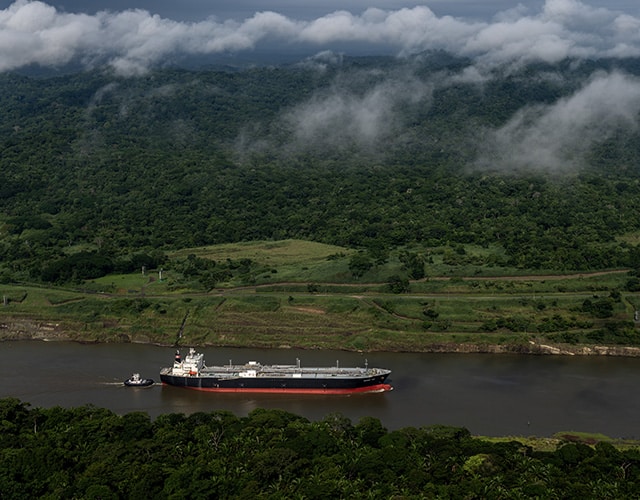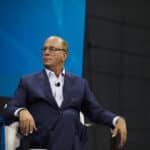President Donald Trump had been hammering Panama for weeks over its most valuable asset, the Panama Canal, saying, without evidence, that China operated the waterway. There seemed to be no way Panama could get Washington off its back.
On Tuesday, Wall Street intervened.
An investment group led by BlackRock, a giant U.S. asset manager, said it had agreed to buy two ports in Panama owned by a Hong Kong company that had become the focus of the tensions between Panama and Trump.
BlackRock will buy the ports, which sit at either end of the canal, and more than 40 others from the Hong Kong conglomerate, CK Hutchison, for about $19 billion. Though Trump has other complaints about the canal — it charges too much, he contends — the deal greatly relieves pressure on Panama, political analysts said.
“It is an elegant off-ramp for what looked to be an unsolvable crisis,” said Benjamin Gedan, director of the Latin American program at the Wilson Center.
The deal is also an indication of the spoils available to U.S. companies as the Trump administration pursues its “America first” foreign policy. And for some historians, it brings up memories of the outsize power that Wall Street banks have had in Latin America.
“Where are the Panamanian voices here?” said Peter James Hudson, an associate professor at the University of British Columbia and the author of “Bankers and Empire: How Wall Street Colonized the Caribbean.” “They are completely lost in this larger story of Trump’s efforts.”
For BlackRock, it’s the latest sign of its desire to expand beyond what it is historically been known for — managing trillions of dollars for everyday investors in stock and bond funds. BlackRock is buying the ports through Global Infrastructure Partners, an investment firm it bought last year for almost $13 billion that owns and operates many ports, airports and data centers.
The conversations between the BlackRock-led consortium and executives at CK Hutchison, which is owned by the Li family, one of Asia’s wealthiest, began a few weeks ago, according to a person familiar with the discussions.
The Li family believed it was under political pressure to exit the ports business, particularly its holdings in the Panama Canal, the person said.
c.2025 The New York Times Company. This article originally appeared in The New York Times.







